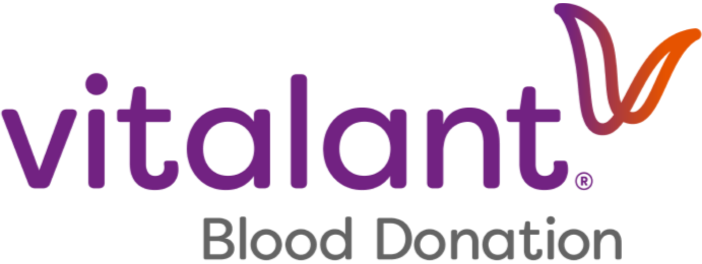Giving blood is simple — just make an appointment, show up, and your donor care specialist will take care of the rest.
Having said that, we encourage you to brush up on our blood donation requirements so you’ll be more confident about the process and better prepared!
There are also a few do’s and don’ts you should follow. First, here are five things NOT to do before giving blood:
- Don’t eat immediately before donating. Conversely, don’t donate on an empty tummy, because both these choices could lead to an upset stomach. Like most things in life, this one’s a balancing act. Stick to a healthy, low-fat meal two to three hours before your appointment to keep your blood sugar stable, and you’ll be right as rain.
- Don’t give blood if you feel sick. This one’s kind of like showing up to work when you don’t feel well because you want to impress your boss — you wouldn’t be doing anyone any favors by spreading your germs. Besides, the donation center would politely turn you away for the same reason. While your donations are extremely appreciated, please only donate if you’re feeling healthy and symptom-free.
- Don’t worry about drinking coffee, tea or any other caffeinated beverages before donating. Contrary to popular belief, these liquid goodies (in moderation) do not lead to loss of water once nature calls and actually maintain blood pressure after you lose fluid during the donation process. As always, an excess of anything can be a problem, so don’t overdo it with these beverages!
- Don’t smoke or drink alcoholic beverages before donating. Smoking can impair the blood’s ability to carry oxygen, so if you find yourself unable to kick the habit, at least resist the urge to light one up two hours before donating blood. Alcohol, meanwhile, opens the door to dehydration, so try to steer clear of your bar cart for 24 hours prior to your donation. We won’t condemn you for partying, but your future self will thank you for holding off on the libations until after the appointment.
- Don’t stay up too late the night before. We recommend getting a full seven to eight hours of sleep the night before your appointment. If you’re sleep-deprived during the donation process, you could end up feeling groggy. Postpone the wild parties for another time, and we promise you’ll be happier for it.
Some extra advice: Be sure to keep your bandage dry, and don’t remove until at least five hours after your donation. And for all you gym enthusiasts out there, take a break from strenuous exercise and heavy lifting for 24 hours following the blood-collection portion of your appointment. Think of it as an excuse to take a night off and binge your favorite show.
Now that you know what not to do, here are some things we encourage you to do before donating blood:
- Make an appointment. This one may seem like a no-brainer, but putting something on the books helps us manage donor flow and minimizes waiting times. Use our online appointment system to find donation locations close to where you live, making your life much easier.
- Fill out our health history questionnaire. We totally get that people have busy lives, so if you’re looking to speed up the process, you’re in luck! Complete our health history questionnaire online the day of your donation, and you'll save up to 20 minutes.
- Make sure you’re hydrated and well-rested. Eighty percent of your blood is made up of water, so drinking plenty of fluids prior to your appointment is one of the most sensible things you can do, and it may make the actual donation time shorter.
- Wear a short-sleeved shirt or a shirt with sleeves that can be rolled up. You won’t be deferred for showing up dressed like an Eskimo, but we do recommend that your shirt doesn’t cover your arms. You’ll feel more comfortable and relaxed, and it’ll make things easier on your donor care specialist. Everybody wins.
- Ask a friend to donate with you. Bringing a friend along for the ride isn’t required, but doing so means you’re making twice the impact as you would if you were flying solo. Besides, if you happen to sit next to each other, you’ll have someone to talk to (not that you can’t strike up a conversation with a stranger and make a new friend).
One in every 7 people entering a hospital will need blood, and patient need is constant.
Seeing as you know the ins and outs of blood donation, you’re ready to perform an everyday act of heroism.
Start saving lives by scheduling your blood donation appointment today.
Published by: Jeremy T. — Vitalant Contributor

